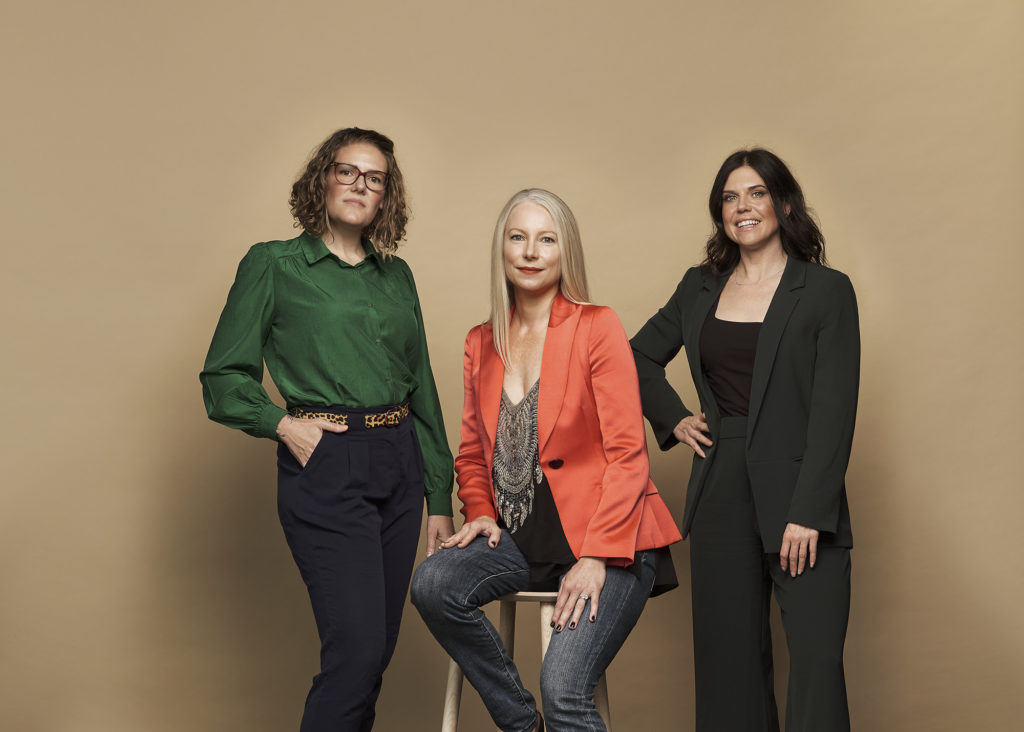Melbourne-based urban analytics platform Neighbourlytics has closed a pre-series A investment round of $1.3 million.
The round was led by ALIAVIA Ventures, the California-based venture capital firm focused on early-stage investing in US and Australian-based female founders building world-changing enterprise and consumer-tech companies.
LaunchVic’s Alice Anderson Fund, the angel sidecar that co-invests in women-led startups, has also come in on the raise.
The current round brings total capital raised by Neighbourlytics to $3.5 million, including investments from Trawalla Group, Myer Foundation, Scale Investors and Portable.
Investment proceeds will fund new hires in product development, sales and marketing, enhanced automation processes and advanced analytics models including a deeper evolution of metrics that capture social sustainability.
Neighbourlytics co-founder and co-CEO Lucinda Hartley said the raise was a launchpad to further global expansion.
“It’s recognition of the maturing of Neighbourlytics as a business and the evolution of the real estate industry as a whole,” she said.
“We’re excited to partner with a team of extraordinary investors as we continue to help our clients make better decisions that improve return on investment and community outcomes.
“Over the past four years our analytics have been leveraged to inform over $4.86 billion in asset management decisions.
“This shows a growing maturity of the industry to prioritise leaving a legacy of great people-places – not just buildings.”
ALIAVIA Ventures co-founder and general partner Marisa Warren said the venture capital firm was “super excited” to lead the Neighbourlytics investment to help it accelerate global growth.
“We believe Neighbourlytics offers a new paradigm for the real estate and asset management industry by taking a real-time, data-driven approach to property development and sustainability,” she said.
LaunchVic CEO Dr Kate Cornick said all Neighbourlytics investors shared a mission to elevate women-led startups and ensure founders could access the capital they needed to grow and create jobs.
“LaunchVic is thrilled to join ALIAVIA Ventures, Trawalla Group, Myer Foundation, Scale Investors and Portable in backing Neighbourlytics in their next phase of growth,” she said.
Neighbourlytics sees out 2022 with a number of extraordinary achievements, including helping to plan the FIFA World Cup Qatar infrastructure legacy – ensuring that the stadiums and precincts that were built to host this major world event could become a smart and sustainable community for the future.
The platform’s insights have now been used by more than 100 high-profile developers in 12 countries while the total number of Australian tier-one property developers using Neighbourlytics has doubled in 2022, taking penetration to 80%.
From its beginning in 2017, Neighbourlytics believed that understanding lifestyle was the key to creating better urban spaces.
The multiple award-winning urbantech platform provides unique social and behavioural insights plus benchmarking data. Unlike standard real estate information such as physical distances, square metres and capacity, Neighbourlytics taps into the digital footprints people leave behind including aggregated and anonymised mobile phone location data, public social media, ratings and reviews, and crowd-sourced map data.
While revealing what people love and value, these social insights also help property developers and governments use consumer-centric information to de-risk capital projects, ensuring amenities attract people and deliver a significant return on investment.
As a result, property developers sell faster and get the tenancy mix right to inform strategies for liveable neighbourhoods that deliver up to 300% higher visitation. The platform’s simple analytics accelerate project research up to 10 times faster than traditional methods.
Neighbourlytics co-founder and co-CEO Jessica Christiansen-Franks said life had changed significantly in the past couple of years.
“As a result, there’s currently demand for lifestyle and behavioural data like never before,” she said.
“It’s no longer valid to look back at five-year-old census data or rely on gut feeling to understand what people want in an office building or shopping mall, or how they look after their health and wellbeing.
“Behavioural big data is the missing piece of the intelligence puzzle for our customers.”



